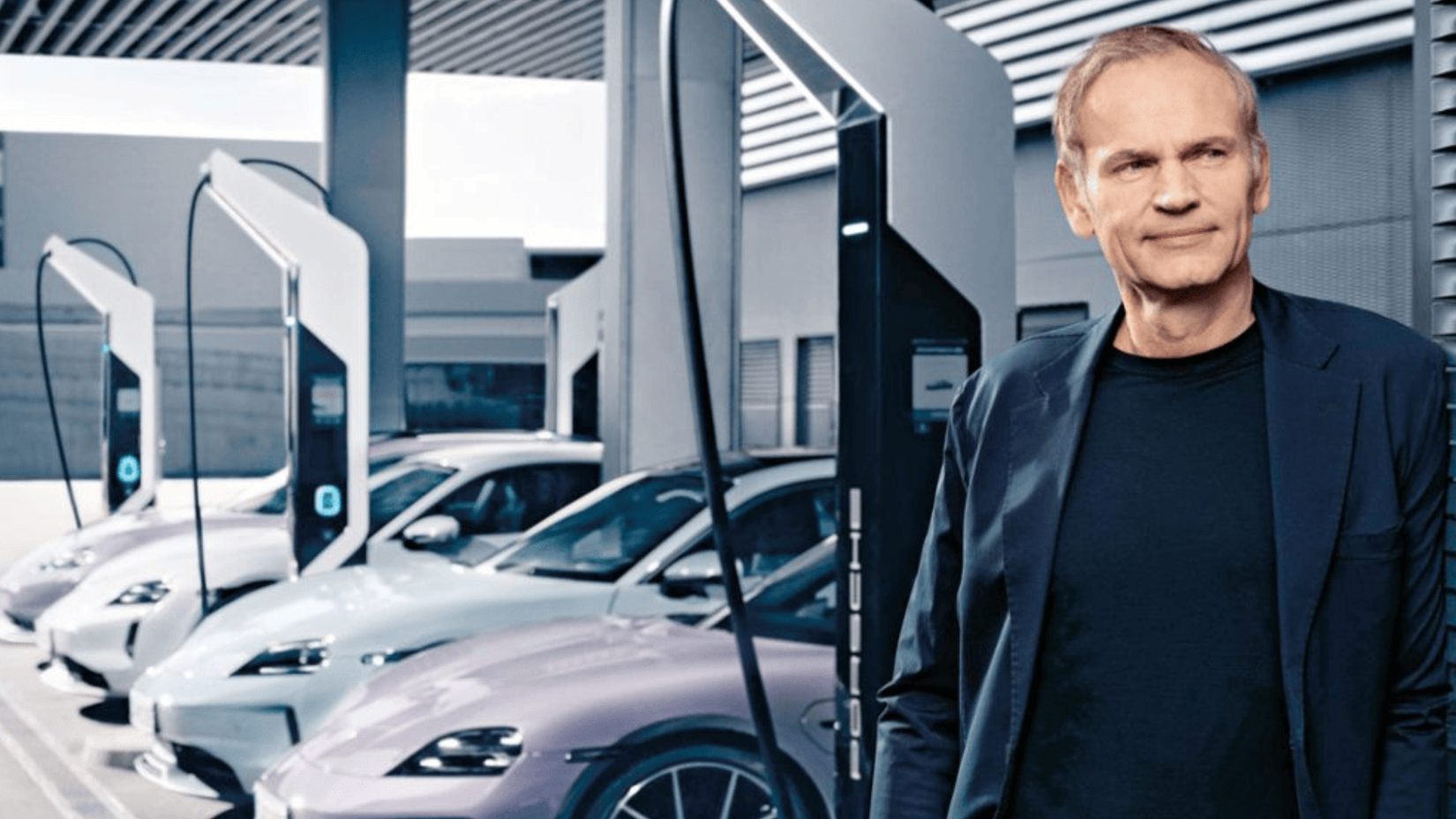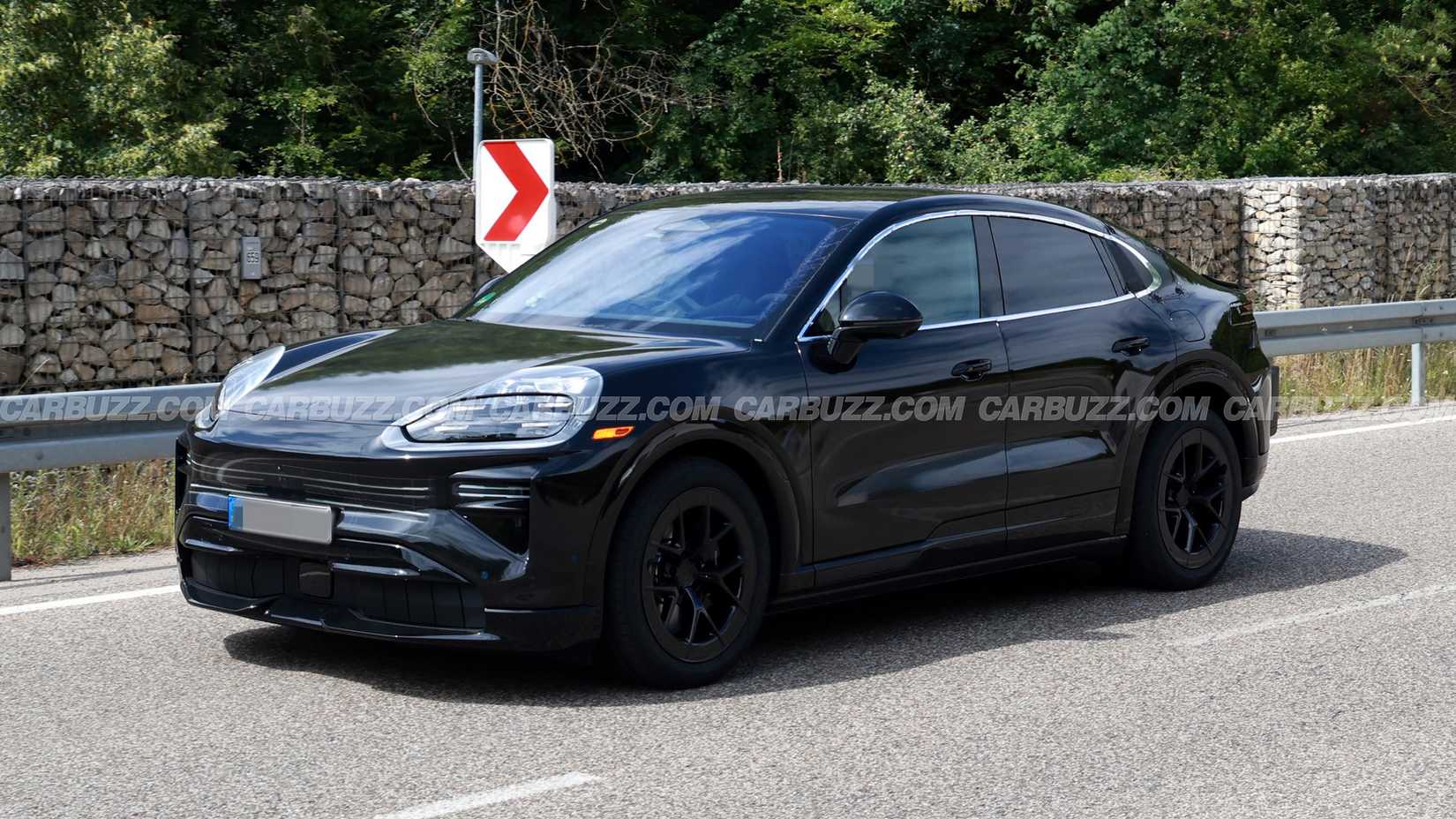Things are not looking too good for Porsche at the moment, with slipping demand for its EV models in the US, plus new tariffs on all of its cars in that market as well, and it’s even having trouble selling sports cars in China. The German automaker says it took a 90 percent hit on its profits in the last quarter as a result. Its parent company, Volkswagen Group, is also facing some major global headwinds, as it also deals with the same issues. Right now, CEO Oliver Blume is in charge of both, but investors do not seem to be very happy with that concept any longer, and reports indicate there will be a shift in leadership soon.
Never A Long-Term Deal
The German Wirtschaftswoche (WiWo) outlet report indicates, based on insider sources, that it’s Blume’s decision to ultimately step down from his role at Porsche to focus exclusively on the broader Volkswagen Group and its myriad of issues. When Blume took on the dual leadership job back in 2022, when Herbert Diess left VW as CEO, he was already hinting that it would likely not be a long-term solution. Blume has also led Porsche since 2015.
It’s Already Down To Two People
Apparently, Blume himself is involved in the recruitment process for his replacement, along with Volkswagen Supervisory Board Chairman Hans Dieter Pötsch, representatives of the Porsche and Piëch families, and the works council. If things go smoothly, a new leadership structure is expected to be announced later this year and go into effect in early 2026.
The change would need to happen in that timeframe, as investors are allegedly convinced that Blume’s dual role is cheapening Porsche’s stock valuation, and the brand would be better served by someone else. Apparently, they’ve already settled on two candidates, one internal and one external, though no names have been mentioned.
What Can The New Person Do?
Volkswagen has already announced a restructuring, while it seems the new Porsche boss will also be responsible for a restructuring of that brand when they sign on. It’s unclear for now what exactly each company will do to turn things around. Porsche recently announced that it will indeed be doing a next-generation gas or hybrid Macan SUV, as sales of its brand-new Macan EV haven’t taken off, and now face a luxury tax in China. It is still going ahead with its planned Cayenne EV, as they just conducted an early prototype drive this month.
However, plans for a larger three-row electric SUV have reportedly been delayed to 2029. Meanwhile, customers are clamoring for Porsche’s Boxster and Cayman sports cars, as they are planned to go out of production soon, with an all-electric replacement also reportedly delayed due to battery development issues.
As for what Volkswagen can do, it has already outsourced certain development programs to other companies, including software development and potentially more to Rivian. The brand is seemingly moving ahead with a surprising development for a hardcore variant of the current Golf R hot hatchback, which is now expected to get Audi’s hot 2.5-liter inline five-cylinder engine.
It also plans to get more hybrid SUVs to the US market as quickly as it can, which will be a smart move. Its ID.4 EV is selling just fine, though it now faces a class-action lawsuit over its steering controls. The ID. Buzz is a slow seller, and VW yanked the planned ID. 7 sedan from the market for good, so don’t expect too many more US-market-bound EVs in the near-term.


